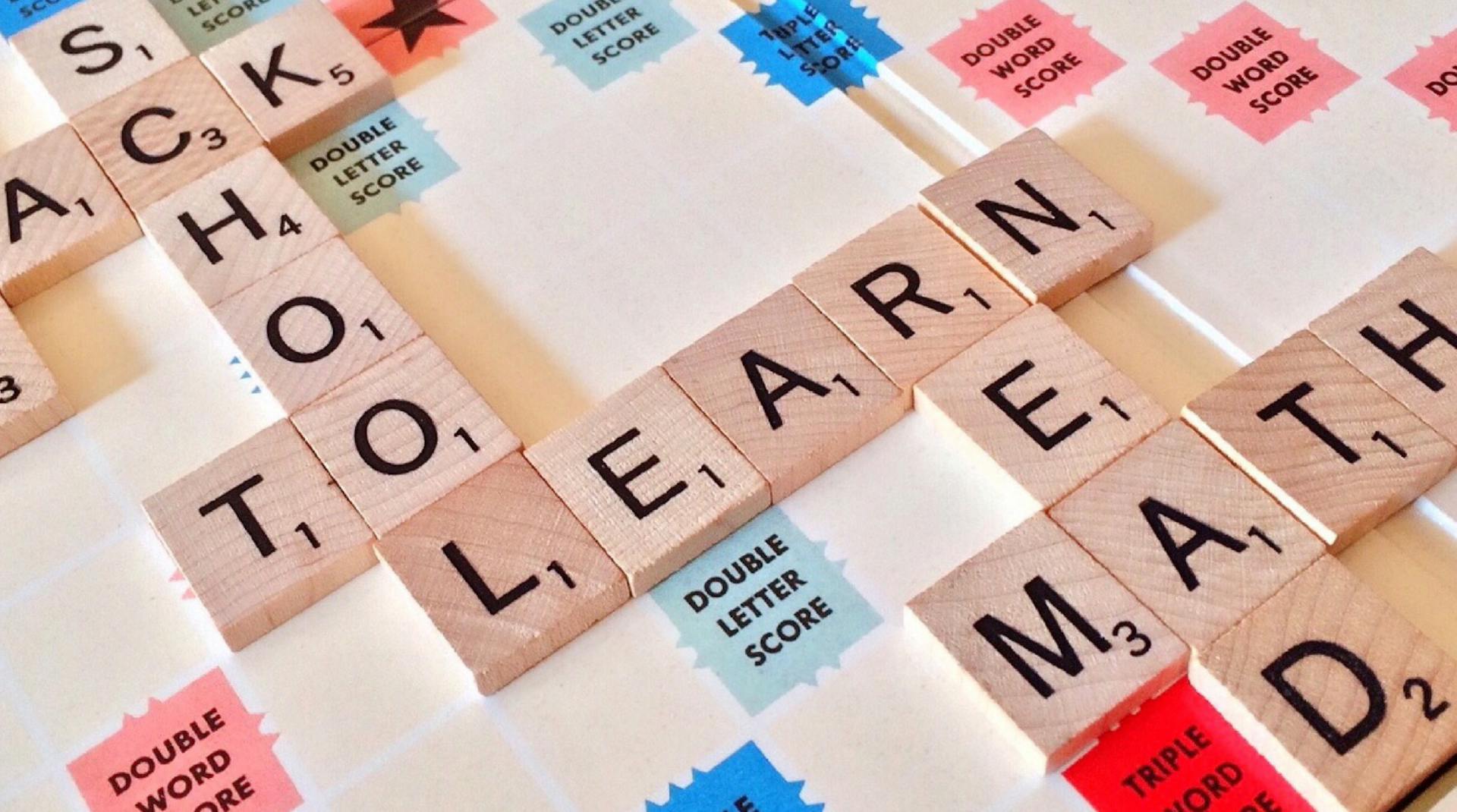
For English learners, informal conversations with native speakers can be quite intimidating. Understanding and navigating the nuances of informal English can be a daunting task for non-native speakers. However, mastering this skill will not only improve your communication skills but also help you build better relationships with native speakers.
Fortunately, there are online resources available to help you practice informal English conversations. By familiarizing yourself with the key components of these conversations, you can gradually build your confidence and fluency in this aspect of the language. In this article, we'll explore nine key components of informal English conversations that will help you navigate them more effectively.
Consider reading: English Speakers
Online Resources to Practice Informal English Conversations

Are you looking for an effective strategy to improve your informal English conversation skills? Learning from actual conversations with native speakers is one of the best ways to achieve this goal. However, not everyone has access to an English-speaking country or a circle of native speakers. That's where online language exchange platforms come in handy.
These excellent resources connect language learners with native speakers who are willing to converse informally and help them practice their communication skills. By using these apps, you can engage in real-life conversations with people from different parts of the world and improve your listening, speaking, and comprehension skills.
Whether you're a beginner or an advanced learner, language exchange apps give you access to a wealth of opportunities to practice informal English conversations at your own pace and convenience. So why not sign up for one today, start a conversation with a native speaker, and see how much progress you can make in just a few weeks?
Here's an interesting read: Conversational Level in a Language
1. How Stuff Works: Stuff You Should Know
If you're a curious mind looking to satisfy your interest in the world around you, then "Stuff You Should Know" is the perfect podcast for you. Hosted by Josh Clark and Charles Bryant, this podcast has a vast archive of episodes that cover a wide range of topics, from nuclear forensics to explaining complicated matters in simple terms.
One of the great resources offered by "Stuff You Should Know" is their knack for talent in making casual exchanges make sense. Whether you're listening to an episode about how stuff works or simply tuning in to hear informal English conversations, this podcast is sure to keep you entertained and informed. So if you're looking for a way to expand your knowledge while also enjoying some lively conversation, be sure to check out "Stuff You Should Know".
Why Fluent English Speakers Can't Get Enough of Contractions

In an informal conversation setting, using contractions lets us speak more freely and expressively. It's totally normal to use them among friends, family or colleagues, but it doesn't mean we can't use them in formal situations too. However, in a business interview or formal letter, it's better to avoid contractions.
Fluent English speakers love to use contractions because they make the language sound natural and effortless. They help us connect with others in informal settings and show that we are approachable and relaxed. For example, instead of saying "I would love to meet you", we can say "I'd love to meet you".
Contractions let us shorten words without losing their meaning or clarity. We don't have to worry about sounding too formal or stiff in an English conversation because they help us sound more like native speakers. So next time you're chatting with your friends or colleagues, don't be afraid to use contractions!
Worth a look: Formal English
1. Learn informal contractions
Are you ready folks to learn the fun part of informal contractions? You might already know that proper English pronunciation is important, but did you know that learning informal contractions can make your casual relaxed natural informal English pronunciation fluent? In this lesson, we will go over the details of proper informal contraction usage in various settings. Don't forget to take notes!
Informal contractions are commonly used in everyday conversations, such as a business meeting or muttering things to yourself. For example, instead of saying "I am going to knock you all out," you could say "Imma knock y'all out." It's a lot quicker and easier to say! Another example would be during a marketing presentation when giving away a prezzie, instead of saying "I am going to give you a marketing present," you could say "I'm gonna give you a marketing prezzie."
These informal contractions can also be heard in pop culture references. Do you remember when Kanye West stepped on stage and interrupted Taylor Swift at an award show? He famously said “Yo Taylor, I’m really happy for ya, ima let you finish" instead of saying "I am going to let you finish." This is an example of an informal contraction - "ima" instead of "I'm going to." As with regular contractions, it's important to note that these informal contractions can differ from their intended translation. So next time someone says "Kanye yo Taylor" or "ima imma," don't forget that they're using an informal contraction.
Now, it's time for some practice! Let's imagine Kelsey and Tanya having a conversation. Kelsey says: “Hey Tanya! What-cha up to today?”
Tanya responds: “Not much Kelsey, school today. Wanna play soccer after?"
Kelsey replies: “Can't play today; have dentist appointment. But maybe we can play tomorrow?"
Tanya says: “Ew gross, have fun at the dentist. I’ll mark you down for tomorrow then.”
Kelsey responds: "Im good, imma play soccer. I hafta study for a test too, but maybe after that we can go on a cute date."
Tanya says: "Ya, definitely! You're becoming quite fluent in informal contractions."
Learning informal contractions is a great way to improve your everyday English speaking. With practice and exposure to casual conversation, you'll be using them like a native speaker in no time.
For your interest: Difficulties in Learning English
Concluding Thoughts: The Essential Takeaway

To sound fluent in English conversation, mastering informal contractions and pronunciation is key. In an informal casual setting, it's important to understand the nuances of these conversational elements to avoid sounding too formal or stiff. While grammar rules are important, knowing must-know grammar rules is more beneficial for everyday conversations.
As an English speaker, don't be afraid to engage in informal conversation with native speakers. It's a great way to improve your language skills and gain confidence. By incorporating these essential conversational techniques, you'll be able to communicate effectively in any informal setting and feel more comfortable participating in casual conversations with native speakers.
Frequently Asked Questions
Why do we use filler words in informal conversations?
Filler words are used in informal conversations as a way to hold the listener's attention and indicate that the speaker is thinking or processing information. They can also help fill gaps of silence and create a more relaxed and casual conversation flow.
How to practice English conversation?
One effective way to practice English conversation is to find a language partner or join a conversation group. You can also try watching English movies or TV shows and repeating the dialogue, or reading aloud from an English book. Consistent practice is key to improving your speaking skills.
What do you need to hold a basic conversation?
To hold a basic conversation, you need to have good listening skills, be able to express yourself clearly, and ask questions to show interest in the other person. It's also important to be respectful and open-minded.
What is conversational English?
Conversational English refers to the language used in everyday conversations between speakers who are using English as a common language. It is casual and informal, often including idioms and slang, and focuses on clear communication rather than strict adherence to grammar rules.
How do you explain key terms in a conversation?
When explaining key terms in a conversation, use simple language and provide relevant examples to help the listener understand. Avoid using technical jargon or assuming prior knowledge on the topic.
Featured Images: pexels.com

